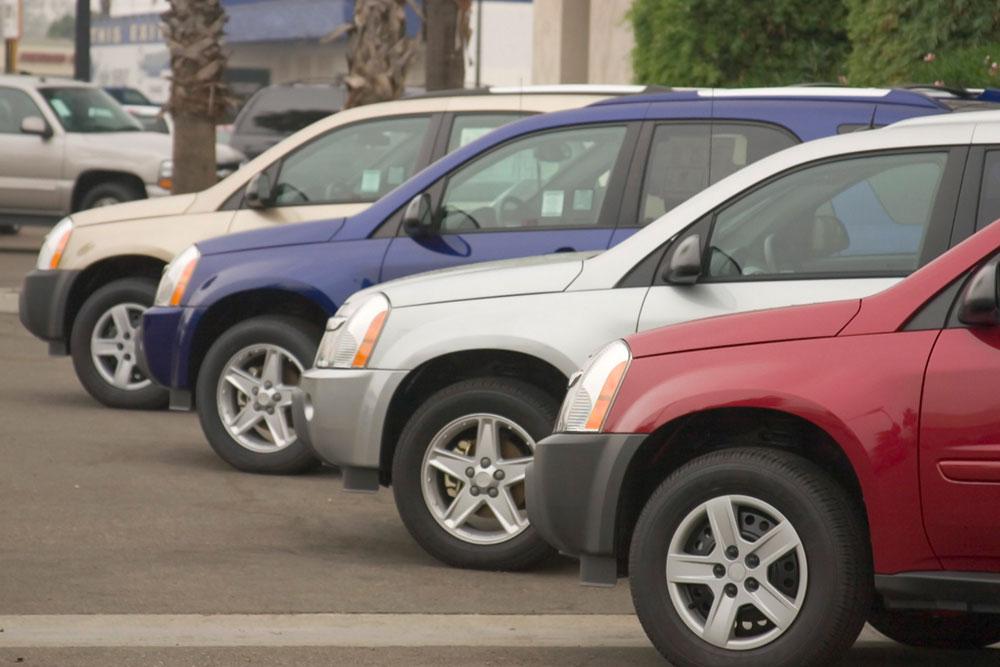8 Tips for Buying a Used Car Without a Down Payment
The country has a well-connected public transport system. But, as automobiles get increasingly affordable and advanced, many people today prefer owning a car for commuting. The used car sector has also seen a boost as it helps buyers get a car at a fraction of the cost of a brand-new automobile. To make the decision to purchase a car easier for buyers, lenders today also offer no down payment or financing without payroll deals.
Financing a used car
When buying a car, one first has to make the down payment—an upfront cost that the buyer pays to the seller to claim a product.

Typically, one needs to provide proof when of income seeking a loan from a bank or other financial institution. This proof assures the bank that the buyer is able to repay the money. So, financing a secondhand car without payroll, i.e., without proof of income, can be difficult but possible.
Tips
1. Get a co-signer
To finance a secondhand car without payroll proof, one can have a co-signer who already has a steady income stream and a good credit score. Getting a co-signer can assure the bank that the loan will be repaid if the car buyer defaults on the payment. The same works for securing no or zero-down-payment loans as well.
2. Offer other types of collateral
Usually, car loans consider automobiles as collateral, but when financing a secondhand car without payroll, one can offer other types of collateral. This can be a house or any other tangible asset. Lenders are more willing to provide car finance with reliable collateral.
3. Provide other documents as proof
One may not have proof of payroll but could still be making money in other ways, like through an online business, freelancing work, pension, rent, or return on investments. So, one can rely on these sources to secure an auto loan.
4. Use online resources
The easiest way to finance a secondhand car without payroll proof is to check online websites and local buying platforms that offer these options. These platforms list not just the brand, model, and year of the car but also offer the latest pictures, details regarding dents or scratches, tyre status, and environmental labels. Here, one can filter the car buying options and choose ones with no or low down payment requirements. These offers are usually available for a limited period.
5. Choose the right dealers
There are several trusted used car dealers in the country. But, it is best to go with established and experienced car dealers. These dealerships are equipped to handle paperwork, ensure safe transfer of ownership, inspect the secondhand car, and repair fixable issues before the sale. These dealers may also run occasional promotions, including cashback, trade-in bonuses, no down payment offers, or financing a car without payroll deals. Also, it’s usually easier to find cheap financing options for secondhand cars at dealerships than at banks or other financial institutions. In addition, buying a used car at local or trusted dealerships is a safer choice, as they are less prone to scams that are common on online platforms.
6. Understand the terms
Buying a secondhand car using a financing deal or loan also means one must comply with the lender’s conditions. For instance, one may not be allowed to sell the car if the loan is unpaid. So, one should check these terms thoroughly before signing a contract.
7. Pay transfer tax
Even without making a down payment, one may still have to pay for or justify the exemption of the transfer tax while buying a secondhand vehicle. Often, first-time buyers, those under 35, or those with disabilities may be exempted from it. It is best to check these details before making a purchase.
8. Maintain a good credit score
Lenders can lower their interest rates or are more willing to offer no-down-payment loans to buyers with excellent credit scores. So, to be eligible for such financing options, it’s best to make timely credit payments and pay outstanding bills to boost the credit score.
Things to remember
- One should ask for a car report before buying a secondhand car to check the complete vehicle history and verify the owner’s details.
- The car ownership transfer is the buyer’s responsibility, so one should insist on handling the transfer of ownership. Certain dealers may lure one with attractive financing offers for secondhand cars without payroll and sell the car without transferring the title. They may claim to transfer it later and never do, which would make one unable to sell the car legally later.
- Auto loans with no down payment have a slightly higher interest rate, which increases the overall cost of the car.
- One should have all the necessary documents required for loan approval. These may include the driving license, bank account details, ID, proof of residence, and ITV documents.

